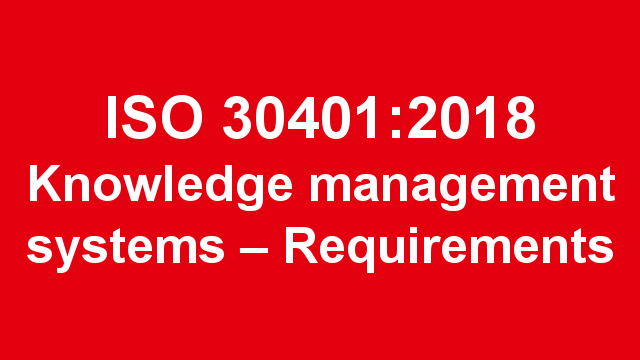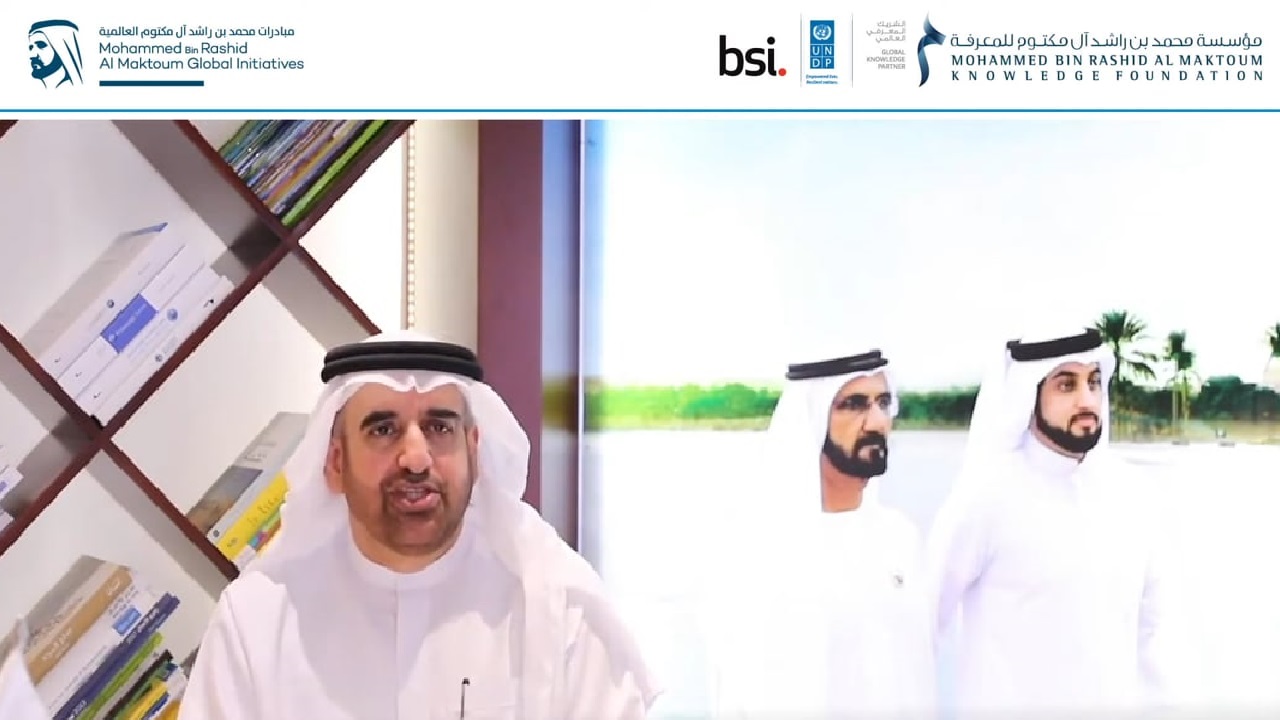
In the know: Microaggressions | Mind your language: when yes means no! | Are these really KM trends?
In the know is a regular roundup of knowledge management (KM) topics of discussion and the articles, events, videos, and podcasts that are grabbing the attention of KM experts across our community.
Microaggressions
The Micropedia of Microaggressions is the first encyclopedia of microaggressions.
Microaggressions are everyday snubs and insults that marginalized groups face. They’re often very subtle comments or actions that come from implicit bias and/or stereotypes. They might seem like a compliment (“You’re beautiful for a transgender girl”), a harmless comment (“Where are you really from?”), or a subconscious action (crossing the street to avoid a racialized person).
In his article “Subtle Racial Slurs Cause Burnout Among Black Employees”, Adi Gaskell reports on research1 highlighting the serious harm that microaggressions can cause:
repeated and often subtle microaggressions … had a profound impact on the wellbeing of Black employees, who reported much higher levels of job dissatisfaction and burnout. This was often because of the mental preparation they felt they needed to make to buffer the various expressions of racism they encountered.
To help address this potential harm, the Micropedia of Microaggressions contains information on:
- microaggressions related to 2SLGBTQ+, age, class-based, disability, ethnicity, gender, indigenous, race, and religion
- how to avoid microaggressions, how to respond to them, and how to be accountable.
Because of the evidence of potential harm, the possibility of microaggressions occurring should be considered by the knowledge management (KM) community when designing initiatives, and also in the community’s own interactions. This includes considering microaggressions as part of the decolonization of knowledge and KM. As the research referenced by Adi Gaskell states:
Given the harmful effects of microaggressions, it’s imperative for organizations to address these insidious forms of discrimination.
Thanks to Gladys Kemboi for alerting RealKM Magazine to the Micropedia of Microaggressions, and to Adi Gaskell for his article.
Mind your language: when yes means no!
Breaking the global English language bias is an important aspect of the decolonization of knowledge and knowledge management (KM).
In the blog post “Mind your language: when yes means no!”, Paul Corney explores perceptions, cultural nuances, and miscommunication related to language. He discusses how words shape our perception, and how ambiguity, while it has its uses, can be destructive in a business environment where a second language is the vehicle of communication. He also suggests that:
the English speaking world is privileged but lazy. Few of us speak another language yet we get offended when non native English speakers don’t grasp what we say or mean.
Paul concludes his article with advice on how to mitigate this issue.
Entwined with the issue of language is the cultural context of communication, as discussed in Edward T. Hall’s landmark 1976 book Beyond Culture2 and summarized in the RealKM Magazine article “Cultural dimensions and factors: use and misuse.”
Thanks to Paul Corney for his blog post.
Are these really KM trends?
A recent blog post has the title “17 Hot Knowledge Management Trends for 2022.” But does it really discuss the most significant current knowledge management (KM) trends?
Reading through the blog post, it certainly provides valuable insights, but the 17 listed trends primarily relate to information management and associated technology. This is reflected in the definition of KM given in the blog post, which is:
Knowledge management is a tool or process to manage, access, and share information in an organization. It supports a unified base where employees are aligned with company missions and individual goals.
However, the KM standard ISO 30401:2018 Knowledge management systems – Requirements cautions against such a narrow focus, stating that:
There are many well-known barriers to successful knowledge management which still need to be overcome, many confusions with other disciplines such as information management, and many common misconceptions about how to do knowledge management, for example the view that simply buying a technology system will be enough for knowledge management to add value.
While it uses elements of information management and can be enabled by technology, KM also needs to have a substantive focus on people and their actions and interactions. This is because, as ISO 30401 states, “knowledge is intangible and complex; it is created by people.”
Additionally, while there are reference links throughout the “17 Hot Knowledge Management Trends for 2022” blog post, all but two are links to other blog posts by the technology company that made the blog post. The two exceptions are references to published data, a good source of evidence, but there are no references to relevant peer-reviewed research, which is also an important source of evidence.
Further, there are no references to the KM trends work and writing of others in the KM community. The evidence-based contributions of RealKM Magazine in this regard include advancing the initiatives listed in section 3.3 of our impact story.
So, while the “17 Hot Knowledge Management Trends for 2022” blog post puts forward valuable insights in regard to technology-enabled information management trends that can assist KM, the “hot knowledge management trends” story is a different one.
Thanks to John Antill for alerting RealKM Magazine to this blog post.
References:
- King, D. D., Fattoracci, E. S., Hollingsworth, D. W., Stahr, E., & Nelson, M. (2022). When thriving requires effortful surviving: Delineating manifestations and resource expenditure outcomes of microaggressions for Black employees. Journal of Applied Psychology. ↩
- Hall, E.T. (1976). Beyond Culture. Anchor Books, New York. ↩
Also published on Medium.



